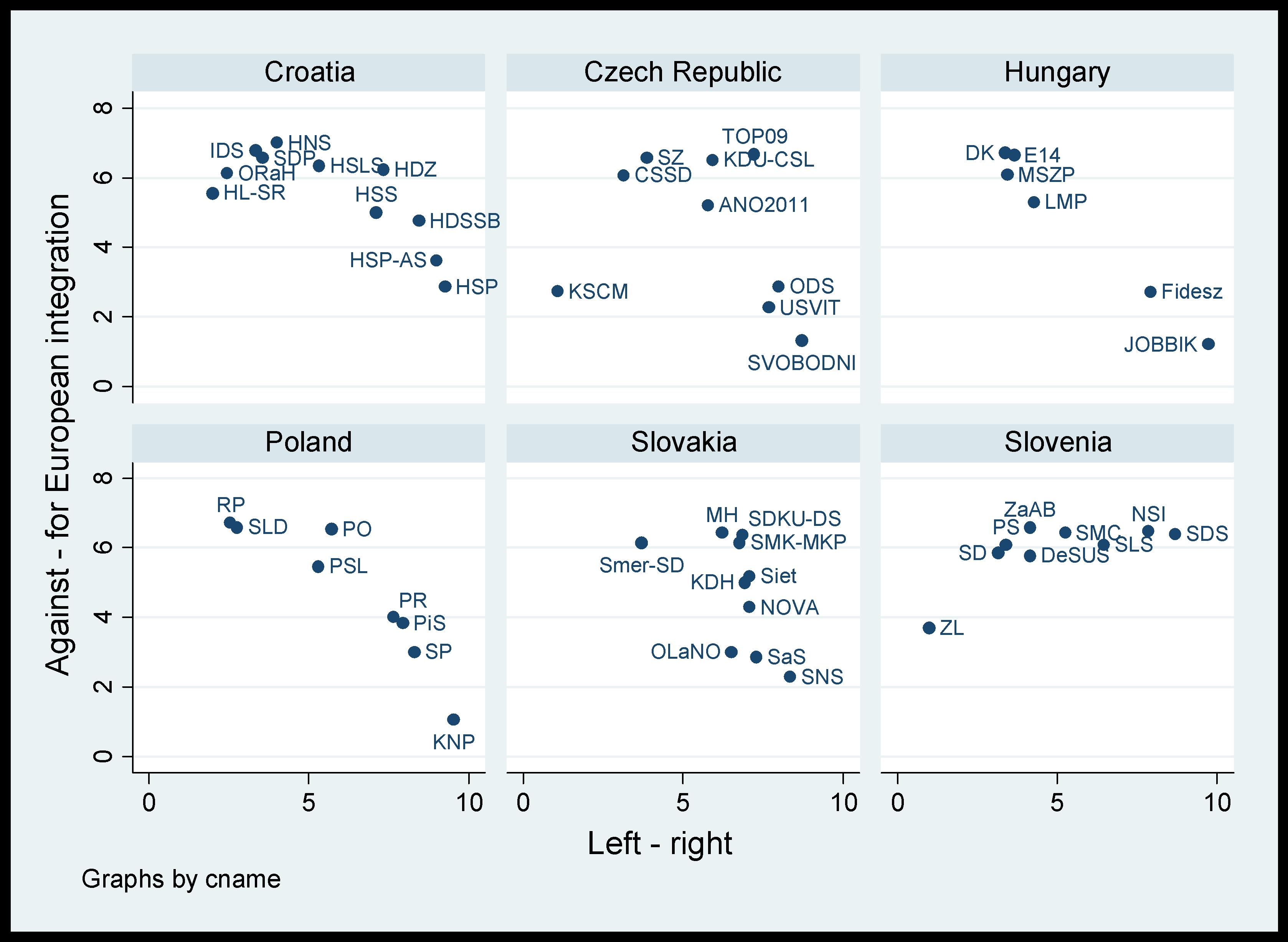How the European Crises Affect East-Central Europe, in: Problems of Post-Communism, 63 (5), September 2016
The present article proposes to study and compare the state of democracy in East-Central European countries. Such a comparative survey is deemed timely because there have been electoral landslides, corruption scandals involving political leaders and mass protests in several of these countries. Popular satisfaction with democracy has declined and democratic accountability institutions have been eroded in Hungary and Poland. These developments pose questions about where these democracies are heading and how their paths are related to the crisis of European integration.
I argue that the crises of economic and European integration together with the existing dealignment between voters and political parties have discredited the nexus between economic integration and prosperity and widened the incongruence between responsive and responsible government. The impact of the crises differs from country to country, depending on institutional constraints, socio-political cleavages and the interrelation of economic and democratic performance. Multi-dimensional policy spaces facilitated the growth of anti-establishment parties in the Czech Republic and Slovenia. Higher performance expectations of citizens, the mixed electoral system and missing institutional safeguards of societal-political pluralism rendered Hungary’s democracy more vulnerable.

Download paper: Brusis_POPC_web
Visit the project page